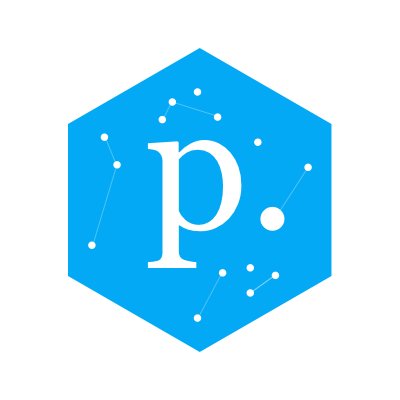
Polis is a platform for facilitating discourse on an issue. It was designed to help overcome disagreements and find consensus by mapping out the positions of different groups and finding common ground while highlighting the main areas of dissent. Users go through and agree or disagree with a series of statements, with the ability to submit their own statements afterwards for others to agree or disagree with. The platform then uses artificial intelligence to analyze users and organize them into several main groups based on their responses, and it identifies the questions on which there was the most agreement or disagreement. Polis is ideal for governments or civic organizations looking to facilitate discussion and gather information about citizens' views on a policy or issue is a constructive way. It has also been used as a precursor to in-person policy discussions by allowing facilitators beforehand to identify the main groups and factions around an issue. The tool is easy to set up without any technical expertise and new “conversations” can be created for free on the https://pol.is website. Conversations can then be embedded on other websites if desired.
Polis is a basic platform dedicated to having smart, productive discussions around policy topics. The platform is designed to be easy to use for both the administrators and the participants. Rather than being designed as a forum for any type of discussion, the platform is designed to facilitate discussion on a specific topic. Not solely focused on generating solutions, part of the goal of the platform is to also map out the positions of participants and identify the major areas of agreement and disagreement.
General Pitch
Polis uses machine learning to facilitate smart discussions and productive debate around any topic, but it's particularly useful for discussing policy choices. Users indicate their approval or disapproval of a series of statements, and the platform then analyzes the responses to categorize the users into groups and to identify the major areas of agreement and disagreement between the groups. Facilitators can then use this information to inform further action, or to facilitate further in-person discussions to work through the identified areas of disagreement.
Use Case/Case study
Multiple case studies are available on the Polis website. Polis was successfully used in Taiwan to engage in a policy discussion around the regulation of ride-hailing apps like Uber.
Budget for implementing
Polis is free for anyone to use at https://pol.is, but staff time may be required to advertise the conversation with the public to ensure participation and moderate resulting conversations.
Technical capacity required
The application can be used on the Polis website with very little technical capacity required. Since the application is open-source, anyone can also choose to host the application themselves by following the instructions available on the GitHub repository, but requires technical expertise.
Level of effort to implement
The application requires little effort to implement other than a very small amount of content moderation. Some time should be dedicated toward planning the discussion beforehand, and on analyzing the data collected afterwards.
Cybersecurity and Other Considerations
The tool is open-source and designed to be secure to use, though it is not a commercial product. Because discussions on the site can be viewed by anyone with the link, all comments and discussion should be treated as public, and so the tool may not be appropriate for certain closed contexts.
Additional information
The application can be demo-ed on its website, and the guide can be found here.
